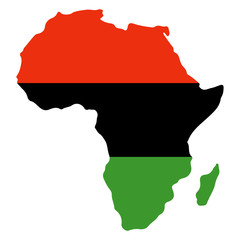A deeper exploration of Africana Studies reveals that it contextualizes the Black experience through the lens of a study, analysis, and general investigation of what Karenga (2010) details as the core areas of culture, which include history, religion, social organization, economics, politics, creativity, and ethos. It does this without privileging Eurocentric epistemology over the Black intellectual tradition as the clarifying mode of inquiry. Within an institution, the Africana Studies discipline interacts with the normative academic paradigm by both engaging it in the traditional sense, but also expending it as both alternative and critique.
 As a Ph.D. student, you will discover:
As a Ph.D. student, you will discover: